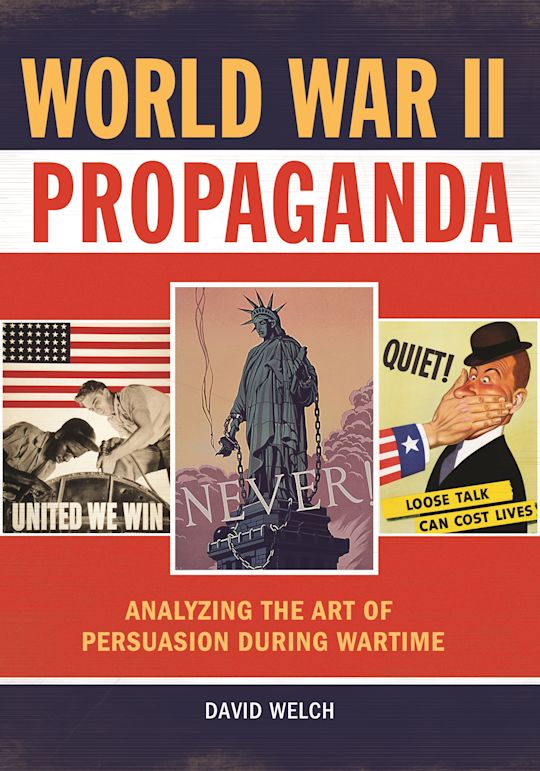The Reality of Imagination
The need for empirical proof; ‘how do you know’, eliminates
human imagination, because imagination cannot be known to exist as a substance
and therefore cannot be empirically proven.
What it possibly means is that ‘ideas’ that cannot have been experienced
before or are not associated with sensory impressions, even prior to possible
positive evaluation, are considered to be invalid. This causes the separation of science and
ethics and is selective because it does not allow ‘all’ or ‘everything’ that can
be known. Modern businesses such as the
oil and gas industry focus on facts and figures through empiricism and
science. Before investments are made,
testing oil wells to prove that it will be economically responsible and
profitable, relies on empirical and scientific data. If then an intuitive or imaginative
conscience – for example – would interfere with a focus on making money as the
prime intention, a tendency to allow only for empirically and scientifically
proven facts, could prevent ethical contemplation. A cost – benefit ratio that would show more
benefit than cost, would be acceptable, even if possible negative long term
effects, could be imaginable, but cannot yet be calculated (for example: use of
toxic chemicals – fracking industry).
Because empiricism relies on natural laws only, moral law could
be disregarded. Negative, costly
operational or environmental effects, even when they could be known prior,
could be ignored as was shown in the case studies.
With empiricism as the basis for modern education, such
ideas that come from outside the establishment programming have become
inadmissible. They are often seen as
outside threats endangering self-referring circles of discourse, closed
feedback loops, which assumes that the foundations of schooling are empirical
and only experts as established by their credentials are considered viable
authorities (Joseph, Peter, 2012).
Bertrand Russell spoke about rejecting unfamiliar
possibilities. Science and metaphysics
were indeed not allowed in empirical deductions. Hume spoke of the imperfect condition of the
sciences.
The quest by Descartes to reach certainty by the rational
reasoning capacity of man was attacked by empiricism, and can be felt in all
activities of people today. The
exclusion of mind, spirit, inner knowing, feeling or imagination, had and still
has, great impact on the daily lives of people. Current HSE and CSR policies are written on
mechanistic and empirical standards, but if this analysis is valid, these can
only be based on selected arguments, not allowing the ‘wholeness’ of which
Einstein or Capra spoke. Empiricism
allows for a certain disallowance of human consciousness. When the prime intention is not purely human
(all dimensional), but three dimensional, often seeking its reward in economic
or bodily gain expressed in sensory gratification, it requires suspension of
Carl Gustav Jung and William Blakes ‘zoa’s’.
Ignoring one’s conscience is therefore needed.
Physical deduction or quantifiable measurement resulted in a
mechanistic or materialistic world concept.
Empiricists and Mechanists seem to cling to an imaginary circumference
as if God is bounding the universe with a pair of compasses. An early analysis; ‘the limitation of
knowledge is self-perpetuating when boundaries are accepted’, can also be based
on the work of the artist and poet William Blake and later Carl Gustav Jung. They expressed the value of these so-called Zoa’s
or human functions, translated from Greek, meaning ‘living ones’: Imagination, Intuition, Feeling and Sensation.
In her biography of William Blake (1970), Kathleen Raine describes
his art and poetry whose value became known after his death.
The universe of imagination is unlimited and only seems chaotic by one’s limited
perception. Empiricism forces man to
limit his consciousness and subconscious perception or inner knowing that does
not allow boundaries. Therefore it is
obstructing to an infinite and boundlessly evolving state that is not easily
understood by limited dimensional awareness and thought.
William Blake shows that Urizen (Reason) acts like a God,
holding a pair of compasses. In The
First Book of Urizen (1794) he becomes the self-deluded and anxious demiurge
(creator), engaged in the enormous labours of imposing his ratio of the five
empirical senses (sight, smell, hearing, taste and touch).
Katleen
Raine, the scholar biographer of William Blake says in one of her last
documentary interviews named ‘God is the Imagination’ that Blake called for a
re-internalization, a reopening or return to a world of eternity, an inner,
spiritual world in which a materialistic culture or civilization had been
denied and excluded. Blake determined
man as a spiritual being and challenged reason.
Reason had been throned as divinity in the times of Notre Dame Paris and
the French Revolution, which led to human hubris and blindness to the simple
rules of life. Reason and rationality
were used for an industrial revolution, rather than a personal or individual
revolution towards freedom. This
so-called ‘Mechanism’, or The Clockwork Universe, was partly based on Descartes
theory of mechanism, which means that all of nature can be explained by the
mechanical motion of all substances. All
motion of bodies is due to mechanical impact, like the mechanical workings of a
clock (Lavine T.Z, 1984).
William
Blake saw that this mechanism was used to control man and said that all the
arts of life changed to the arts of death according to his poem Albion, which
was the ancient synonym for Britain.
Kathleen Rain explained in a metaphor that the hourglass was condemned
because its simple workmanship was like the workmanship of the plowman. ‘And
the waterwheel, which raises water into systems broken and burned with fire
because its workmanship, was that of a shepherd. And in their stead intricate wheels invented,
wheel without wheel to perplex youth in their outgoings and to bind to labors
in Albion of day and night the myriads of eternity. That they may grind and polish brass and iron
hour after hour, laborious tasks kept ignorant of its use. They might spend their days of wisdom in
sorrow for drudgery to obtain a scanty pittance of bread, blind to all the
simple rules of life.’
William
Blake was ridiculed in his day. His work
was deemed non-academic and therefore not compatible to mechanistic standards
that are still being followed today (Raine, Kathleen, 2003).



Reacties
Een reactie posten